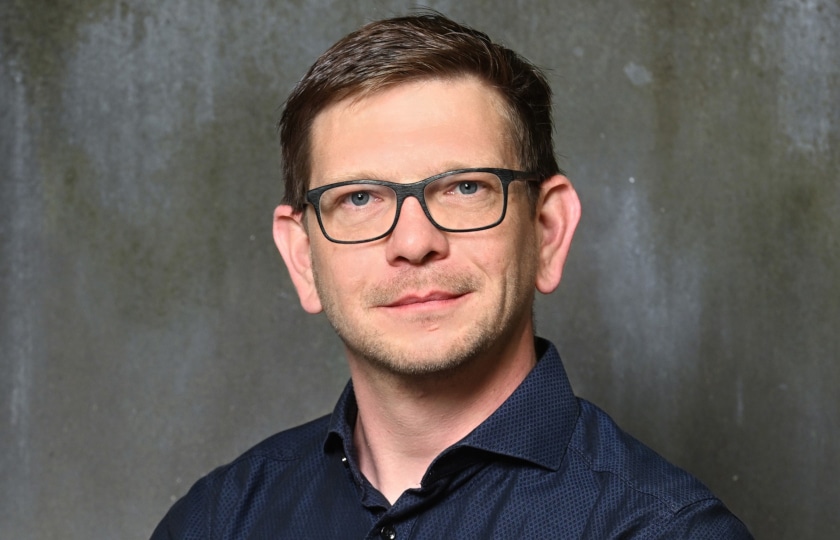How do people in Mecklenburg-Western Pomerania inform themselves about politics and other socially relevant topics in their federal state? And what general attitudes do they have towards politics?
Findings on news usage, such as those of the #UseTheNews study, show that journalistically and professionally produced media offerings are not considered the only suitable source of relevant information, but that users also orient themselves to other actors, especially those appearing in social media.
Although these and similar studies provide solid insights into the media consumption behaviour of the entire German population, they hardly allow statements about individual federal states due to their sample size. This prompted us to focus a study on political information behaviour on a population for which only few reliable findings are available. It is particularly interesting to focus attention on a federal state from the East. A report by the Federal Government Commissioner for Eastern Germany, Carsten Schneider, published in September 2022, attested this state a growing disenchantment with politics.
The study will help to get an overview of the politically oriented media use and political culture in Mecklenburg-Western Pomerania as well as to develop strategies to better reach population groups that largely avoid the use of news and political content.
The telephone survey started in February 2023 and lasted about six weeks. It was conducted by the social research company IPSOS. Cooperation partners and third-party funders were the State Agency for Civic Education Mecklenburg-Western Pomerania (LpB MV) and the Media Authority Mecklenburg-Western Pomerania.
Image by Yulia Buchatskaya on unsplash













